When Did Silence Become Uncomfortable? The Risks of Screen Dependence
Summary: As the globe gets ready for healthcare management conferences 2025, one essential issue under focus is the psychological effect of excessive screen use. Increasing discomfort with silence is a sign of an underlying reliance on screens—harming our well-being, productivity, and relationships. It is time to revaluate how constant connectivity is transforming us.
Once a source of calm, silence today feels awkward, almost threatening. Whether sitting in a waiting room, riding the elevator, or attending a seminar break—most people instinctively reach for their phones. What was once a moment to breathe is now a moment to scroll.
This change is not all about distraction. It’s about how our brains are being rewired from the constant demands of digital devices. For those in healthcare, where emotional presence and decision-making are critical, this transformation poses perilous consequences.
Screen Dependence: A Hidden Mental Health Crisis
Our interaction with screens is no longer symbiotic. The typical individual inspects their phone more than 80 times per day. Notifications break concentration, hinder focused attention, and raise anxiety levels. For healthcare providers, who already work under high stress, this hyperconnectivity places an additional cognitive burden.
Studies indicate a sudden increase in burnout symptoms, insomnia, and emotional exhaustion for those who seldom unplug. The irony? These caregivers are assisting others in maintaining their health while the health of their own quietly erodes.
The unease with quiet is born of stimulus addiction. Without the dopamine rush of a new email or social media like, quiet now sounds hollow. Silence, however, is where rest and recovery and processing start.
How It Impacts Professional Environments?
At conferences or professional gatherings, screen reliance tends to decrease participation. Conference attendees scan their phones at keynotes or glance through emails between networking sessions. This new behavior dilutes the power of in-person learning, idea sharing, and real-time collaboration.
In healthcare specifically, overexposure to digital media blunts focus, diminishes empathy, and disintegrates communication. The consequence? Decreased job satisfaction, higher rates of errors, and tense patient interactions.
Going to events such as healthcare management conferences 2025 is no longer so much about picking up new trends—it’s about re-learning how to pay attention, connect properly, and control technology rather than allowing technology to control us.
The Physical and Emotional Toll of Screen Overload
- Mental Exhaustion – Prolonged use of screens fatigues the mind, making it more difficult to hold memory or think critically.
- Emotional Numbness – Over-scrolling cuts down emotional participation, affecting both home and work relationships.
- Sleep Disturbances – Blue light exposure at night interferes with melatonin production, causing poor sleep and impaired daytime functioning.
- Loss of Creativity – Quiet and boredom tend to generate imagination. When these are substituted with continuous input, creative thinking dwindles.
- More Isolation – Ironically, over-connectedness on the internet produces under-connectedness in real life, creating loneliness.
Experts at a business forum in New York or around the world must bring this matter to attention—not only for individual well-being but for the good of the group.
Why Should Healthcare Leaders Be Vocal?
Healthcare leaders need to be the first line of defense in recognizing and addressing this crisis. The well-being of individuals working within hospitals, clinics, and research centers has a direct effect on patient recovery.
Conference platforms like us- Fluxx Conference are starting to focus on mental health conversations, allocating sessions to digital wellness, stress recovery, and conscious leadership. It is critical—and in its time.
What’s at Stake for the Future?
If we keep treating screen dependency as an afterthought, we might end up losing the very essence of connection—human presence. In professions such as healthcare and business, where trust, empathy, and rational thinking are non-negotiable, this trend cannot be swept under the rug anymore.
Those gearing up for the healthcare management conferences 2025 have an obligation to bring this on to keynotes, panels, and research papers. It’s not merely a wellness topic—it’s a strategic issue.
Lasting Change Starts with Awareness
The first step away from screen dependence is the recognition that it exists. The second is action.
Look at your conference agenda and leave room to attend sessions on mental wellness. Look for expert panels on how digital resources can be used mindfully, not addictively. And above all, utilize conferences as an opportunity to reboot—not only your knowledge, but also your habits.
Whether you’re in a business conference new york or a specialized healthcare conference elsewhere, take the effort to look up from the screen and into real conversations.
Conclusion: Join the Movement at Fluxx Conference
Mental health is not a background issue anymore—it’s at the core of performance, growth, and sustainability in the healthcare industry. At the Fluxx Conference, we refuse to turn a blind eye to this reality. We take it to the center stage.
Join us at Fluxx Conference, where mental wellbeing is not a question of oversight. Our conference agenda features panels on screen burnout, emotional resilience, and building healthier digital habits—designed for healthcare professionals and business leaders.
Silence shouldn’t be intimidating. At Fluxx, it’s a starting point.
FAQs
1. Why are people uneasy about silence today?
Because of overexposure to digital stimuli, the brain grows to expect stimulation all the time. Quietness now seems unnatural and induces anxiety and restlessness.
2. What is the impact of screen addiction on healthcare practitioners?
It results in burnout, lack of attention, emotional exhaustion, and less compassionate communication—affecting personal wellness and patient care.
3. What is the contribution of healthcare conferences to solving this problem?
Healthcare conferences are an opportunity to speak about mental health and screen overuse, promoting healthier work habits among professionals.
4. Are there particular events in 2025 discussing screen addiction in healthcare?
Yes, healthcare management conferences 2025, such as Fluxx Conference, are incorporating sessions addressing digital wellness and mindful leadership.
5. How to deal with screen addiction at a business conference?
Turn off non-essential notifications, have face-to-face conversations, take written notes, and find quiet contemplation areas or wellness sessions on the conference agenda.
Interesting Reads:
How Accidental Encounters are Fueling the Next Wave of Innovation
From Collaboration to Co-Creation: The Future of Cross-Industry Partnerships



